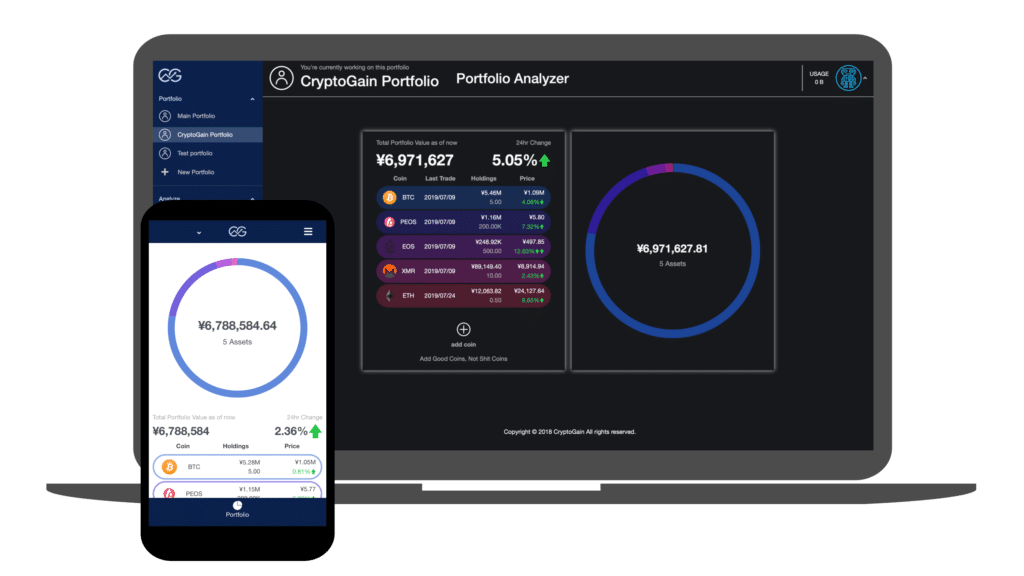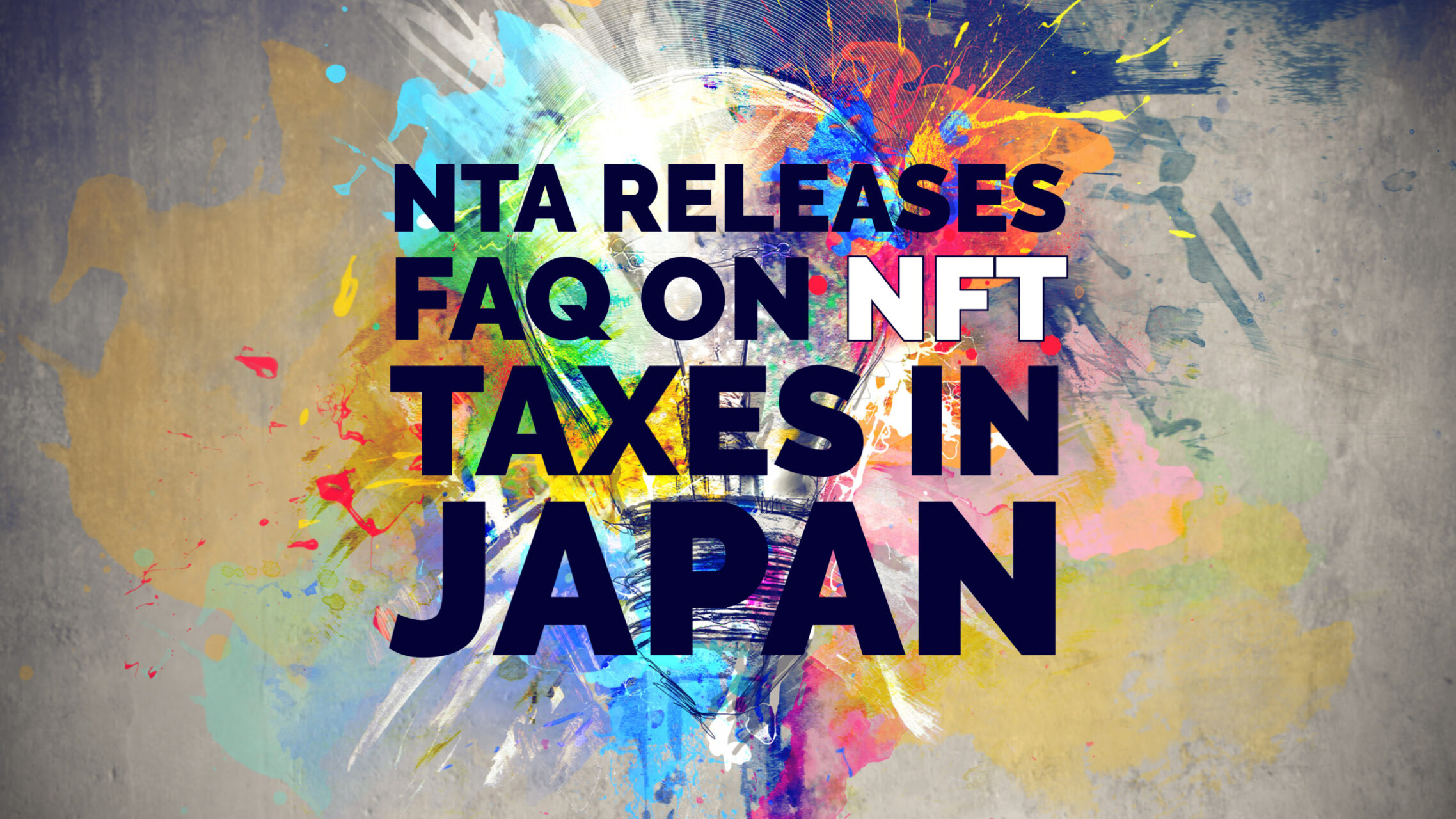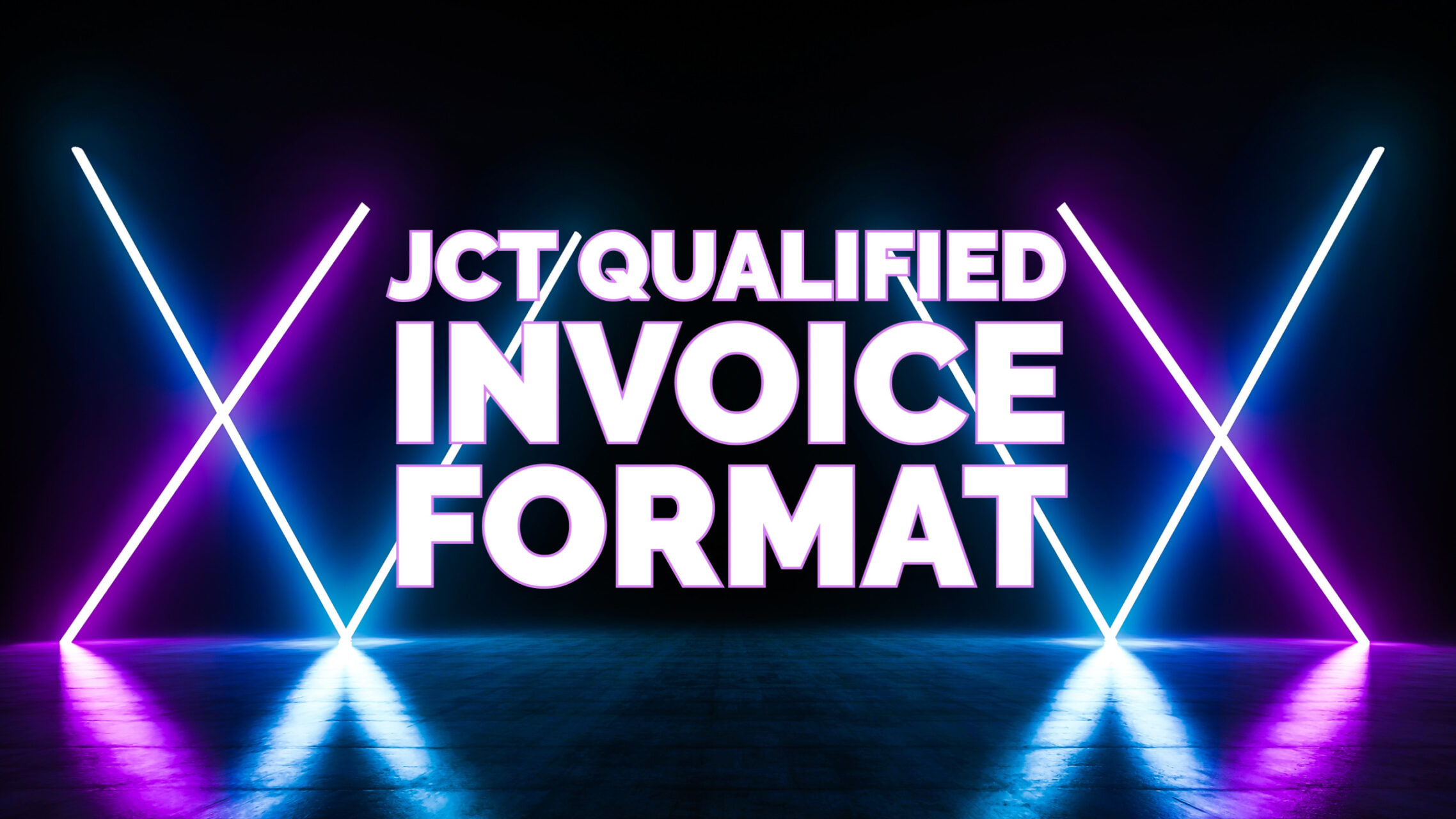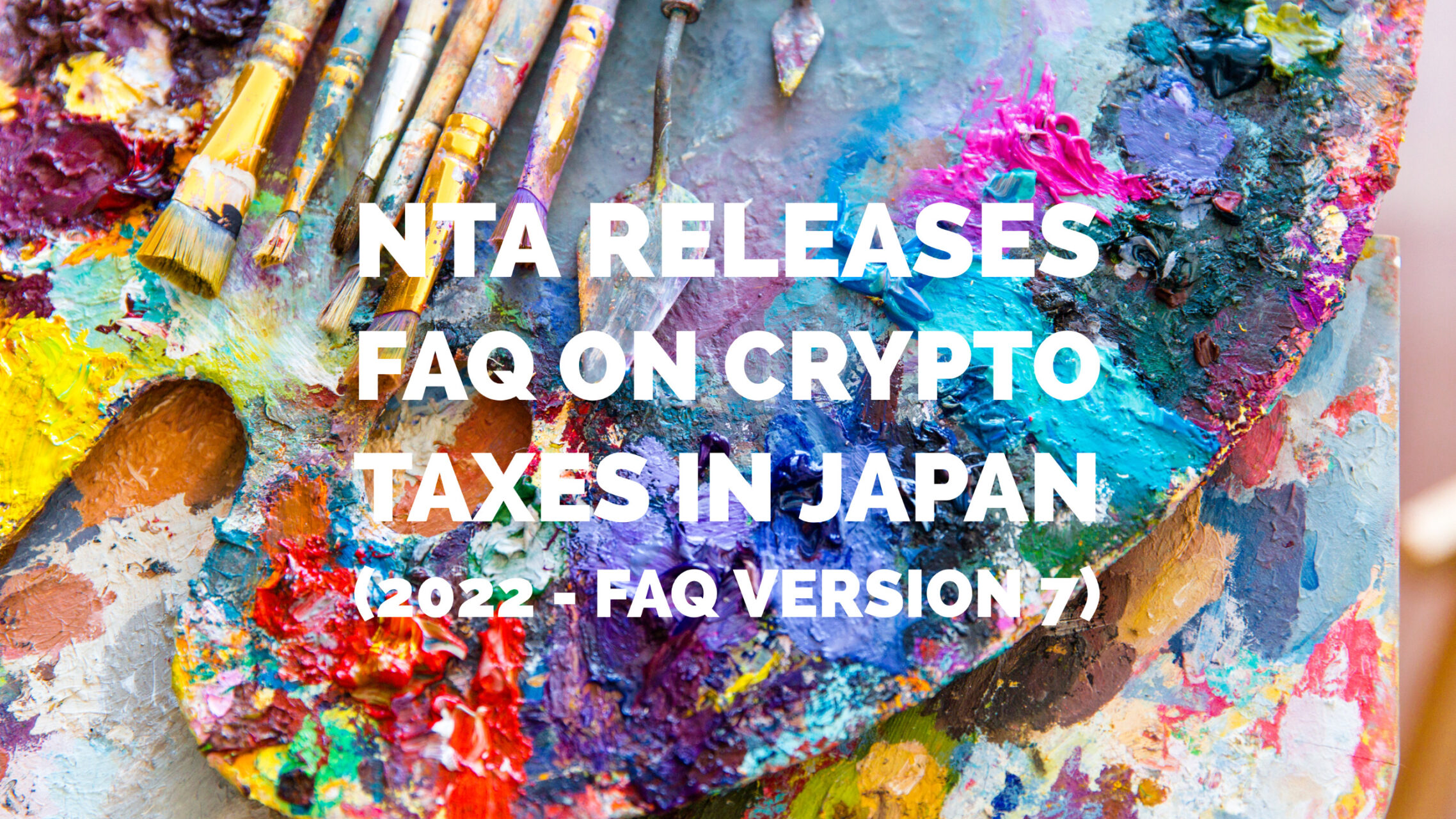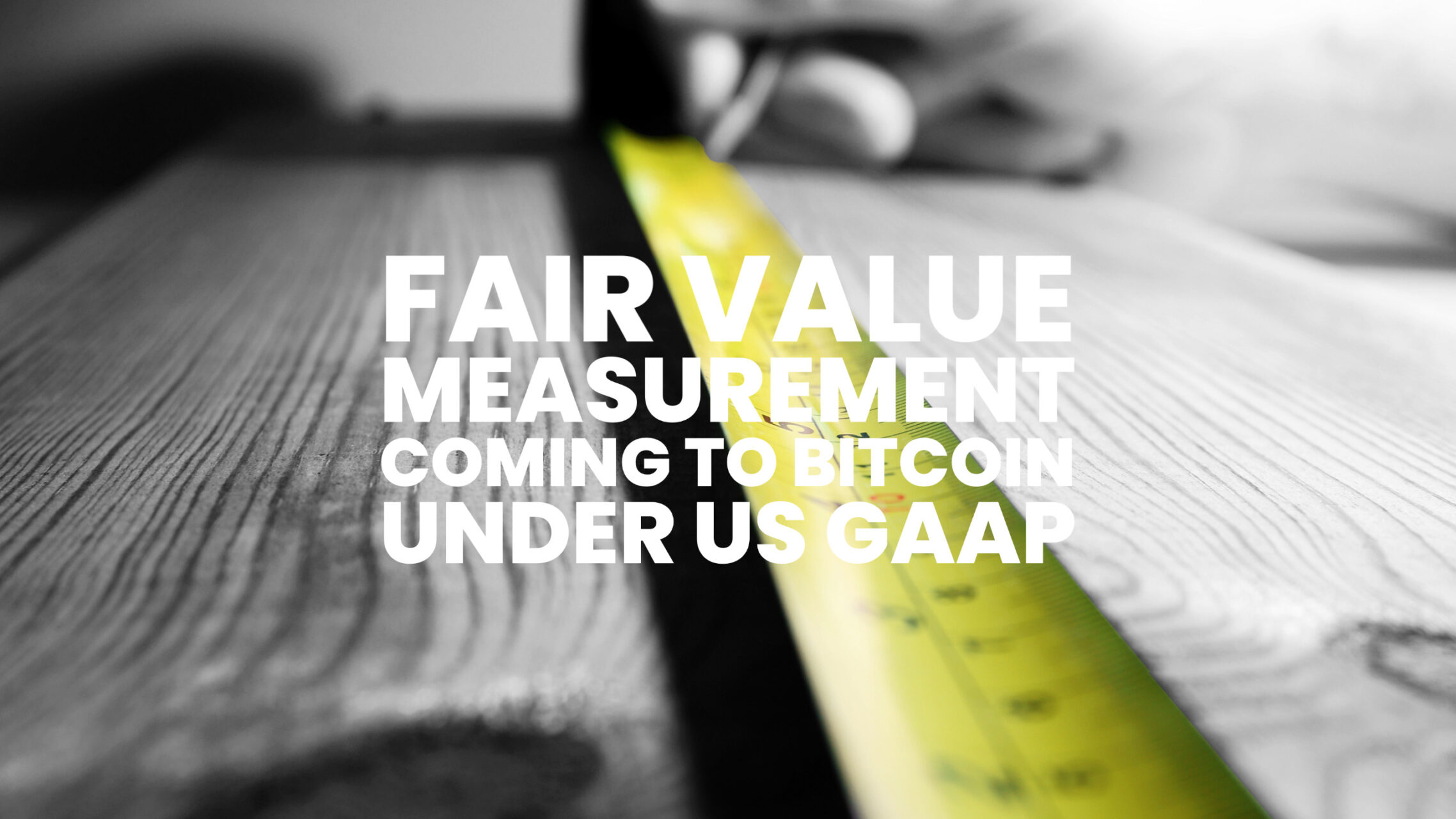Cryptocurrency Exchanges in Japan are now required to register with the FSA and will be subject to CPA audits
On September 29, 2017, 11 Cryptocurrency Exchanges were registered with the Financial Services Agency (FSA).
As part of new regulations that went into effect as of April 1, 2017, firms involved with the exchange of virtual currencies (virtual currency exchangers) (the term virtual currency is often used in Japan and is synonymous with cryptocurrency) in Japan are required to register with the FSA.
Once registered with the FSA, virtual currency exchangers will be subject to two types of audits:
- Audit over the segregation of funds
- Audit over the financial statements
What is the Audit over the Segregation of Funds?
Virtual Currency Exchangers are required to segregate its funds and cryptocurrencies from the funds and cryptocurrencies of its users (Payment Servies Act Article 63-11, Paragraph 1).
The condition of the segregation of funds requires an audit by a CPA or an Audit Firm (Payment Servies Act Article 63-11, Paragraph 2).
In summary, the new regulations require that:
- the cryptocurrency exchanges segregate its funds from those of its customers
- and the condition of the segregation of funds to be subject to audit
The segregation of funds are already required for stock brokerage firms and FX exchanges so 1. expands that requirement to virtual currency exchangers.
With 2., the condition of the segregation of funds is required to be audited by a CPA, but by reading the guidance issued by the Japanese Institute of Certified Public Accountants (JICPA), what is required is basically an AUP (Agreed Upon Procedures) rather than an audit.
The biggest difference between an “audit” and an “AUP” is that a CPA will issue an opinion under an “audit”, whereas no opinion is issued under an “AUP”.
Under an audit, a CPA will issue an opinion that is unqualified, qualified or adverse, based on the results of the audit procedures that the CPA has performed.
In contrast, under an AUP, a CPA will simply list the results of the procedures performed and will not issue an opinion based on the results.
Because of this difference, generally speaking, an audit involves a wider range of procedures and is said to offer a higher level of assurance (no assurance is given under an AUP).
On the other hand, an AUP will generally have fewer procedures and require less cost compared to an audit.
What is the Audit over the Financial Statements?
In Japan, the financial statements of public companies require an audit by a CPA.
In addition, financial statements of private companies exceeding a certain size (500 million JPY in equity or 20 billion JPY in liabilities) also require an audit by a CPA.
Generally, if a company does not fall under either category, a financial statement audit is not required, but for virtual currency exchangers, a financial statement audit is required regardless of size or whether the company is public.
It’s more efficient to perform the two types of audit together! We now offer Blockchain audit services
Due to overlapping elements, the audit over the segregation of funds and financial statements should be performed by the same CPA to achieve efficiencies.
Furthermore, we believe that the audits should be performed by a CPA that understands cryptocurrencies.
At Kimura Certified Public Accountants, we offer a range of Blockchain Audit services including:
- Audit over segregation of funds
- Audit over financial statements
- Implementation of processes and controls to prepare for blockchain audits
A CPA that understands cryptocurrencies will be there to help you throughout the entire audit process.
Feel free to contact us if you have any questions!


